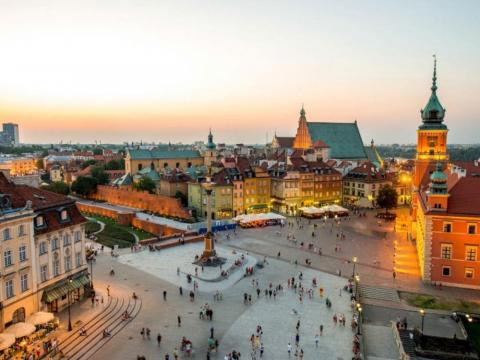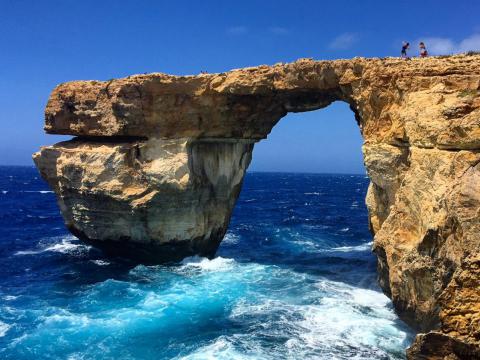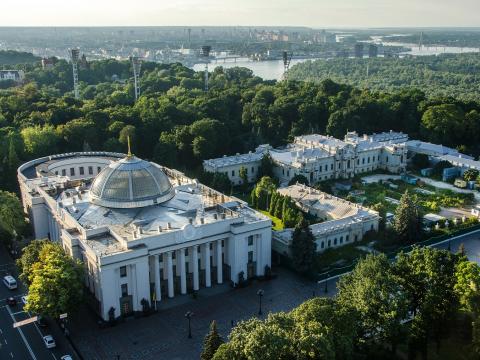Introducing Germany
Nestled in the heart of Europe, Germany stands as a nation that has left an indelible mark on history, culture, and modernity. From its rich historical tapestry to its influential contributions in various fields, Germany's journey reflects a complex interplay between tradition and innovation. This essay delves into the multifaceted essence of Germany, exploring its history, cultural legacy, economic prowess, and enduring global impact.
Historical Landscape:
Germany's history is a tapestry woven with triumphs, challenges, and transformation. From the Holy Roman Empire and the Reformation to the tumultuous eras of the World Wars and the eventual reunification in 1990, Germany's past has shaped its identity. The country's central location in Europe has made it a pivotal player in the continent's geopolitics, often serving as a crossroads of cultures and ideas.
The profound scars left by World War II led to a period of introspection and rebuilding. The process of coming to terms with the past, the Nuremberg Trials, and the establishment of democracy all played a crucial role in shaping modern Germany's commitment to human rights, peace, and reconciliation.
Cultural Legacy:
Germany's cultural heritage is a treasure trove of artistic and intellectual achievements that have resonated across time and borders. The Romantic Movement, with figures like Goethe, Schiller, and Beethoven, showcased a deep appreciation for nature, emotion, and individualism. This cultural fervor has transcended generations, inspiring thinkers, writers, and artists worldwide.
The Bauhaus movement, which emerged in the early 20th century, revolutionized modern design and architecture with its emphasis on functionalism and minimalist aesthetics. Figures like Walter Gropius and Ludwig Mies van der Rohe left an enduring mark on the global design landscape.
Germany's contributions to classical music are monumental, with composers like Bach, Mozart, Beethoven, and Wagner shaping the course of musical history. The country's contemporary arts scene remains vibrant, with avant-garde galleries, theaters, and film festivals making Germany a hub of creativity.
Economic Powerhouse:
Germany's economic prowess has cemented its status as an influential global player. The term "German engineering" has become synonymous with precision and innovation. The country's automotive industry, led by brands like Mercedes-Benz, BMW, and Volkswagen, exemplifies its commitment to quality and technological advancement.
The "Mittelstand," a network of small and medium-sized enterprises, forms the backbone of Germany's economy. These family-owned businesses, often specializing in niche markets, contribute significantly to innovation and job creation.
Moreover, Germany's emphasis on vocational education and apprenticeship programs has fostered a skilled workforce that drives its technological achievements. The dual education system, which combines theoretical learning with practical training, has been praised for its effectiveness in producing a competent labor force.
Global Impact and Diplomacy:
Germany's role on the global stage extends beyond its economic might. The country's commitment to international cooperation is reflected in its active participation in organizations like the European Union, the United Nations, and NATO. Its foreign policy approach emphasizes multilateralism, diplomacy, and the pursuit of peaceful resolutions.
Germany's leadership in addressing climate change and sustainable development is noteworthy. Initiatives like the "Energiewende," which aims to transition to renewable energy sources, demonstrate the country's commitment to environmental responsibility.
The welcoming of refugees during the European migration crisis and Germany's efforts in promoting dialogue and peace in conflict zones underline its dedication to humanitarian values and global stability.
Cultural Diversity and Modern Society:
Germany's population is a mosaic of cultures, reflecting its history as a destination for immigrants and refugees. The Turkish community, in particular, has played a significant role in shaping the country's cultural landscape. While challenges of integration persist, Germany's commitment to fostering a diverse and inclusive society is evident in its policies and initiatives.
In recent years, cities like Berlin have emerged as hubs of creativity and innovation, attracting young professionals, artists, and entrepreneurs from around the world. The city's open and liberal atmosphere has made it a symbol of modernity and freedom.
Conclusion:
Germany's story is one of resilience, transformation, and innovation. Its historical journey, from the heart of the Holy Roman Empire to the forefront of the European Union, reflects its evolution into a global powerhouse. The nation's cultural legacy, economic prowess, commitment to human rights, and role in international diplomacy make it a dynamic and multifaceted entity.
As Germany continues to navigate the challenges and opportunities of the 21st century, its ability to blend tradition with progress remains at the core of its identity. The world looks to Germany not only for its technological achievements but also for its enduring commitment to democracy, human rights, and global cooperation. In a rapidly changing world, Germany stands as a testament to the enduring power of culture, innovation, and the human spirit.
Last modified on 08/10/2023 - 03:52
Places 0
Currently there are no places in Germany.
Articles 1
Trip reports 0
Currently there are no trip reports about Germany.
Videos
Currently there are no videos of Germany.






